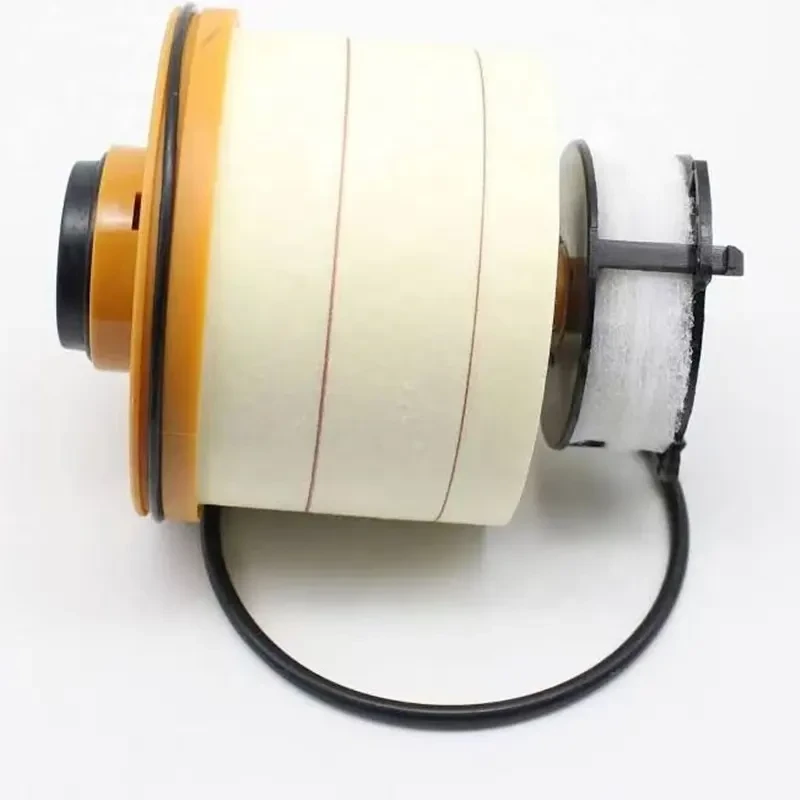Nov . 30, 2024 22:13 Back to list
Air Filtration Component for Enhanced Air Quality and Performance
The Importance of Air Filter Elements in Ensuring Clean and Safe Air
In an era where air quality has become a concerning global issue, understanding the role of air filter elements in maintaining a healthy environment is crucial. Air filter elements play a vital role in the filtration systems of HVAC units, vehicles, industrial applications, and various household appliances, ensuring that the air we breathe is clean and free from pollutants.
What are Air Filter Elements?
Air filter elements are materials or devices designed to trap and remove particulate matter, allergens, and harmful substances from the air. They vary in size, shape, and material, depending on their intended application. Common materials used in air filter elements include fiberglass, pleated paper, foam, and HEPA (High-Efficiency Particulate Air) filters, each offering different levels of filtration efficiency.
HEPA filters, for instance, are known for their high efficiency in capturing at least 99.97% of particles that are 0.3 microns in diameter. This makes them exceptionally effective against common allergens such as pollen, dust mites, and pet dander, making them a popular choice in homes, schools, and hospitals. On the other hand, foam filters are often used in less demanding applications, where high filtration efficiency is not as critical.
The Role of Air Filter Elements in Various Applications
The applications of air filter elements are vast, ranging from residential to industrial and automotive systems. In residential HVAC systems, air filters are necessary to improve indoor air quality by removing dust, smoke, and other pollutants. Regular maintenance and replacement of these filters are important to ensure optimal airflow and prevent the system from working harder than necessary, which can lead to increased energy consumption and higher utility bills.
In automotive applications, air filter elements protect the engine from particulate matter that could cause damage or reduce efficiency. A clean air filter allows for better combustion, leading to improved fuel efficiency and reduced emissions. Similarly, industrial settings rely on air filter elements to maintain a safe work environment by capturing dust and hazardous particles that could pose health risks to workers and affect machinery performance.
air filter element

Protecting Health and Environment
The significance of air filter elements goes beyond merely improving air quality; they also play a critical role in protecting human health and the environment. Poor air quality is linked to various health issues, including respiratory diseases, cardiovascular problems, and allergies. By filtering harmful contaminants, air filter elements contribute to a healthier living environment.
Moreover, many modern air filter elements are designed with sustainability in mind. Manufacturers are increasingly producing filters that can be recycled or have a longer lifespan, reducing waste and encouraging environmentally friendly practices. Some advanced filters even incorporate technologies that can neutralize odors and harmful gases, further enhancing indoor air quality.
Maintenance and Replacement
To maximize the benefits of air filter elements, regular maintenance is essential. This includes frequent checks for dirt and damage, as clogged filters can decrease airflow and reduce efficiency. Homeowners and businesses should follow the manufacturer's recommendations regarding replacement schedules, which can vary based on usage, environment, and the type of filter.
For instance, standard HVAC filters should generally be replaced every 1-3 months, while HEPA filters might last up to a year depending on the specific model and level of usage. Keeping track of these schedules not only improves air quality but also encourages the efficient operation of heating and cooling systems, ultimately saving costs in the long run.
Conclusion
In conclusion, air filter elements are an integral component of air filtration systems that directly impact our health and well-being. By ensuring that the air we breathe is free from harmful pollutants, these filters contribute to a cleaner, healthier environment. Investing in high-quality air filter elements and committing to regular maintenance can yield significant benefits, both for individual health and the broader environment. As we continue to address air quality challenges worldwide, understanding and optimizing air filtration will remain an essential focus.
-
Toyota Corolla Hatchback Cabin Air Filter – High Efficiency & Easy Installation
NewsJul.08,2025
-
Premium Canister Fuel Filter Supplier High Quality Oil Filtration Solutions
NewsJul.08,2025
-
Premium Car Filter Oil Solutions Leading Car Oil Filter Exporter Hyundai Car Oil Filter Exporters
NewsJul.08,2025
-
Buy 17x21x1 Air Filter – Improve Air Quality & HVAC Efficiency Affordable Air & Cabin Air Filter Cost
NewsJul.07,2025
-
High-Performance Filter Element Fuel – Durable, Efficient & Cost-Effective Solutions
NewsJul.07,2025
-
High-Quality Engine Filter and Cabin Filter for Superior Airflow Affordable Cabin and Engine Air Filter Cost
NewsJul.07,2025


